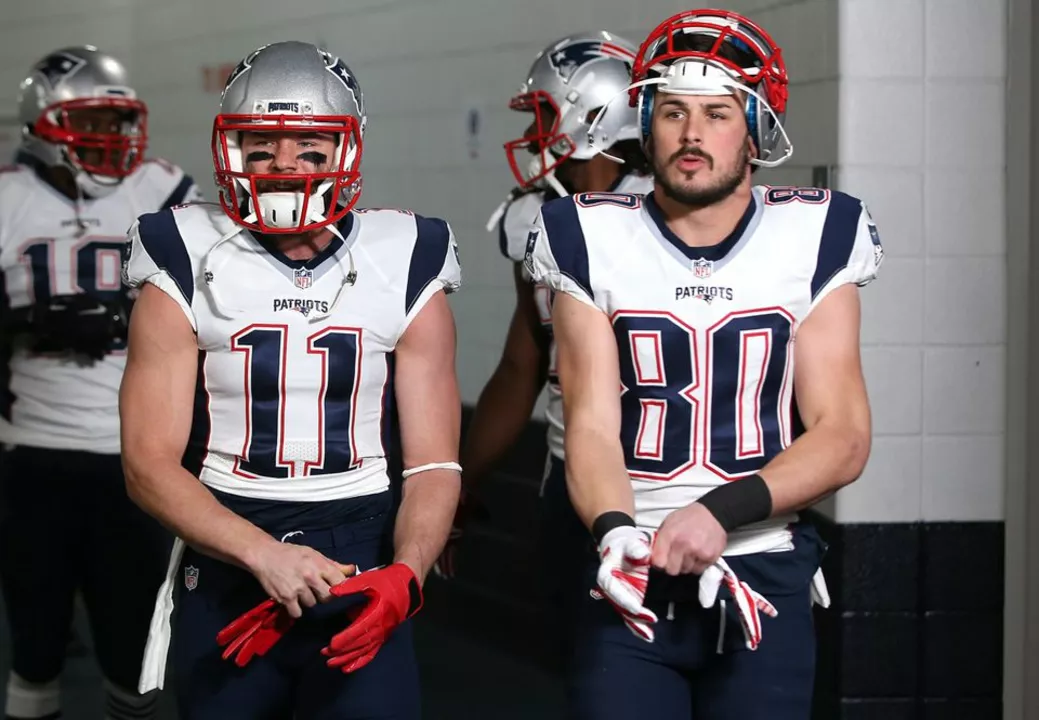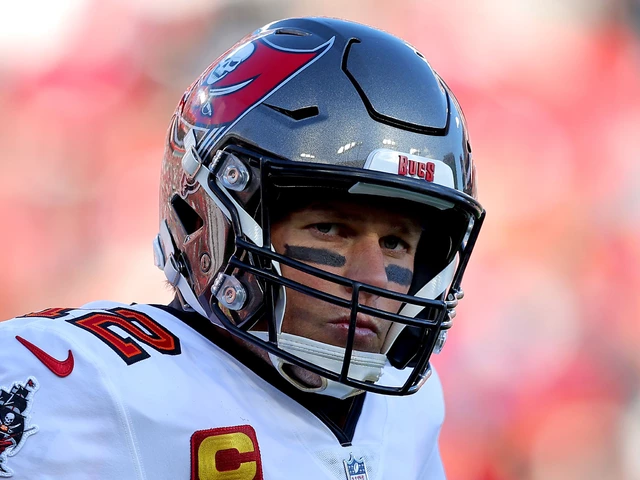Sports Law – How NFL Teams Pay Cut Players
Ever wondered what happens to a player’s paycheck when a team decides to cut them? In the NFL, the answer isn’t as simple as “no pay.” League rules require teams to honor the contract, even if the player isn’t performing. That’s the basics of sports law in action, and it protects the players’ rights while keeping teams honest.
In this category you’ll find straight‑forward explanations of the legal side of sports, from contract disputes to injury settlements. We keep the language simple, the facts clear, and you walk away with practical knowledge you can use right away.
Why NFL Teams Must Pay Out Contracts
The NFL’s collective bargaining agreement (CBA) spells out that a player’s contract is a binding promise. When a team cuts a player, the contract doesn’t magically disappear. Usually, the team pays a “guaranteed” portion—often a signing bonus or a portion of the base salary—that’s set aside at signing.
Even if the player’s performance dips, the guarantee stays. This prevents teams from cutting players just to dodge money, and it gives athletes a safety net. The rule has been around for decades, and breaking it can lead to fines, loss of draft picks, or even a loss of salary‑cap space.
Think of it like a lease. If you break a lease early, you still owe the landlord the remaining rent or a penalty. The NFL treats contracts similarly, protecting the player’s livelihood and keeping the league fair.
What This Means for Players and Teams
For players, the guarantee means they can count on a certain amount of money, no matter what the coach decides. It also gives them leverage in negotiations—if a team knows they’ll have to pay a big cut, they might be more willing to negotiate salary or role.
For teams, the rule encourages smarter roster moves. They can’t just sign a star, pay a huge bonus, and then cut him the next week without consequence. Instead, they weigh the financial hit against the potential benefit of a new player.
In practice, you’ll see teams releasing veterans with large guaranteed sums when they need cap space, and younger players taking lower‑guaranteed deals to prove themselves. The balance keeps the league competitive and the players protected.
Understanding these contract rules helps fans make sense of headline‑grabbing cut‑and‑sign moves. It also shines a light on why some players get “pink‑slip” news while still walking away with a hefty paycheck.
Stay tuned to the Sports Law section for more insights on how contracts, lawsuits, and league policies shape the games we love. Whether you’re a fan, an aspiring athlete, or just curious about the legal side of sports, we’ve got the clear, no‑jargon breakdown you need.

Do NFL teams have to pay out the contracts of players they cut?
NFL teams must pay out the contracts of players they cut, even though their performance may not have been up to standard. This rule is in place to protect the rights of players and to ensure that they are treated fairly and compensated for the work they have done. While teams may be hesitant to part with players who are not performing, they must still honor their contractual obligations. This rule has been in place for decades, and teams must abide by this rule or face serious consequences. Ultimately, NFL teams must pay out the contracts of players they cut, regardless of their performance, to ensure the rights of their players are protected.
READ



